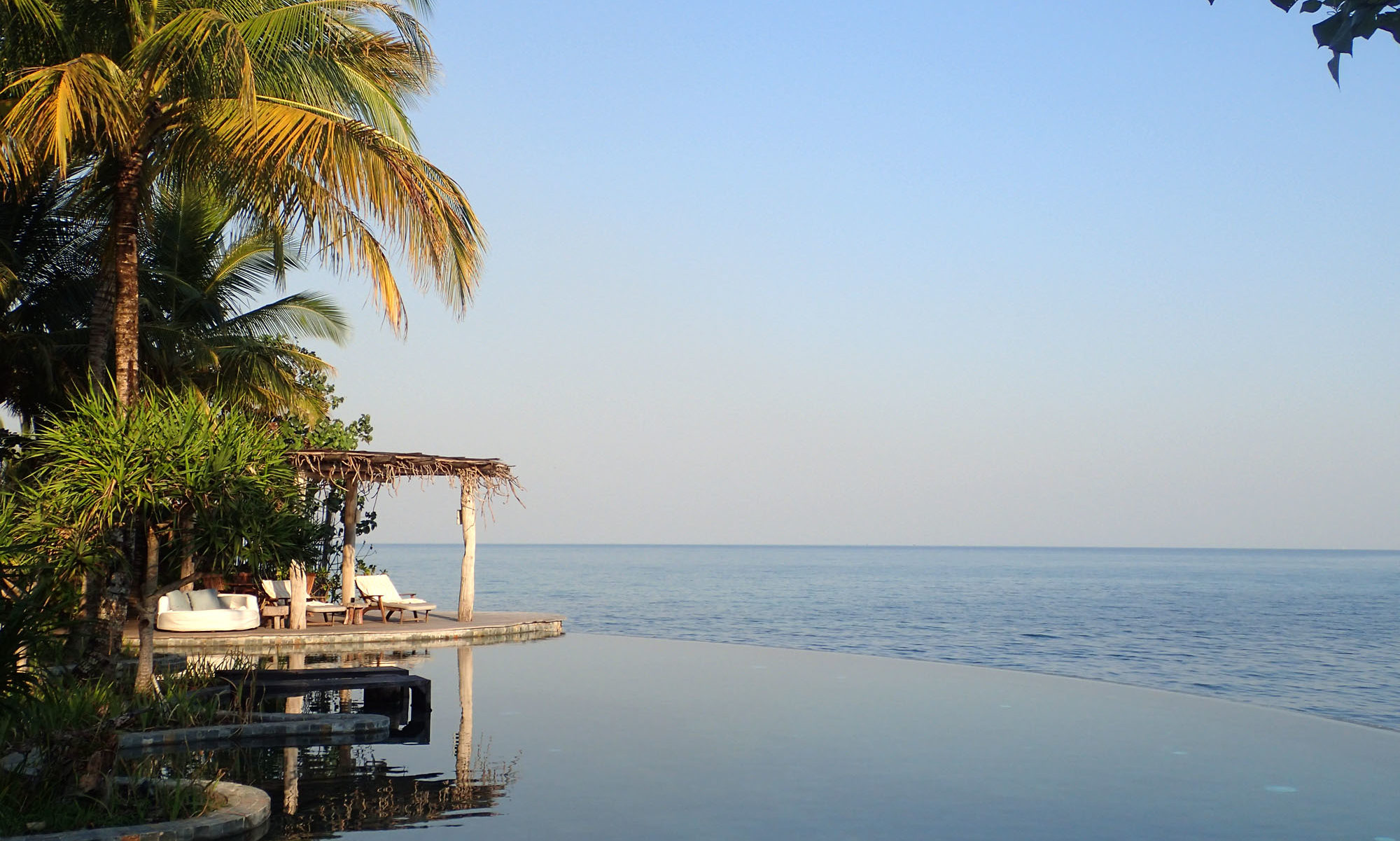WARNING: By the time you get to the end of this post, everything will have changed.

Is it on, or is it off?
A curious – if understandable – bifurcation has emerged in the travel world. In general the (rich) countries that did poorly at suppressing Covid-19 within their borders are not only vaccinating residents at a faster rate, they’re also opening borders to travel faster than the countries that initially did well.
Worse. The latter, generally in South-East Asia, are seeing cases increase, and are locking down residents and keeping borders shut.
Arguably Singapore has been at the forefront of the idea of trying to open to travellers in the region. Early in the pandemic the tiny island nation state was (unilaterally) open to travellers from other countries with similarly low infection rates – Australia, New Zealand and Vietnam (from memory). Why Thailand wasn’t included at the time is anyone’s guess.
And then there were the actual official ‘travel bubbles’ between Singapore and Hong Kong as well as Australia and New Zealand.
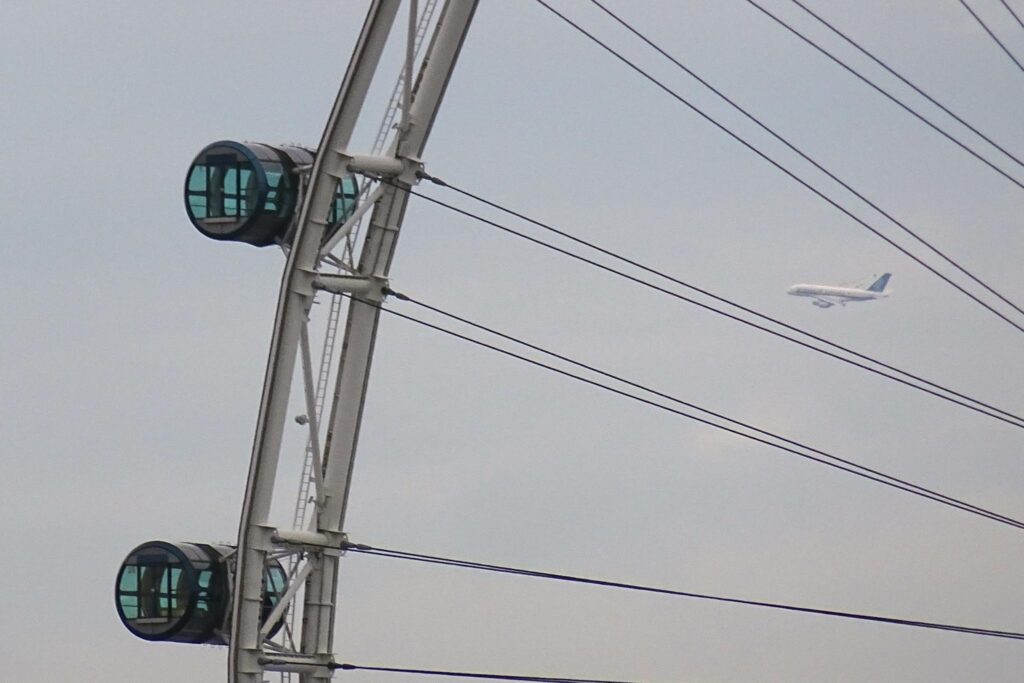
It seems an eminently sensible solution – if infection rates are similar, then what’s the harm?
But it’s a pandemic, and no sooner were the bubbles mooted than they popped, thanks to a spike in cases in one or other of the territories. In one case the bubble burst the day before it was due to open between Singapore and Hong Kong. How is a traveller supposed to deal with that level of uncertainty? It has to be said the Aus-NZ one seems resilient enough now, after a shaky start.
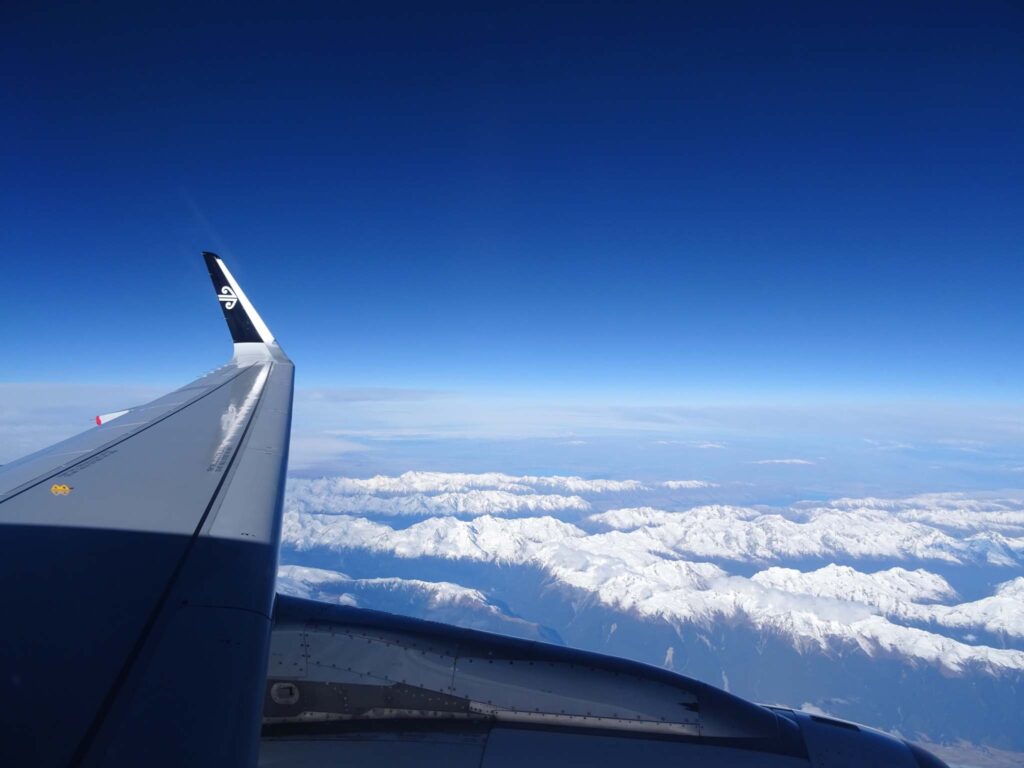
Some of us have a strong desire to get back to travel, but so-called bubbles seem as elusive as catching the real thing.
It’s likely many potential travellers are put off by the flip-flopping. For some, the ability to travel to see family, for instance, is a godsend, and the risks outweigh the rewards. But for people travelling for leisure, that risk-reward calculation is reversed. For these people – the majority of travellers – the will to travel may be outweighed by the risk to that investment in money and time and annual leave.
So where to from here?
Europe is – within limits – starting to open up to the world, particularly to those lucky enough to have been vaccinated.
The UK has what looks like a sensible “traffic-light” system for entry, which weighs infection risks in three levels, for travellers coming from or transiting through various countries: For countries on the Red list only returning UK residents are allowed, and must undergo hotel quarantine; travellers from Amber list countries require testing and home quarantine; and travellers from Green list countries require testing prior to travel and after arrival.
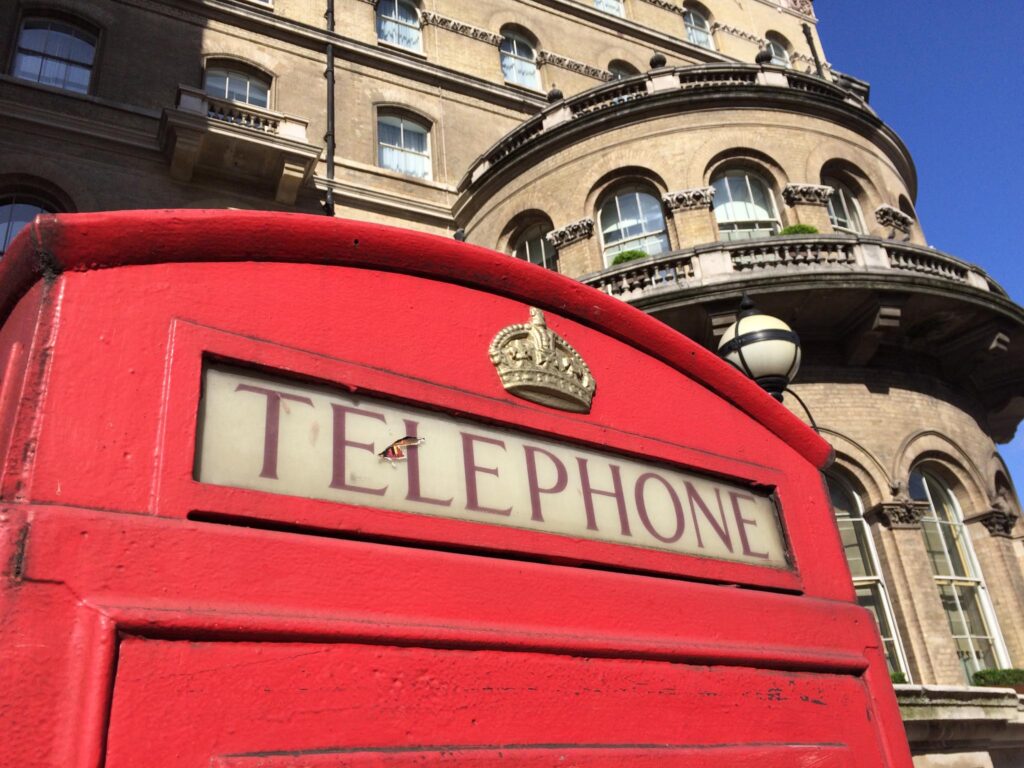
Unfortunately, in Asia-Pacific the closed border mentality that served to virtually eliminate infections in 2020 remains, even though it isn’t working terrifically well (except in Australia and New Zealand – as it stands today).
Add this to relatively slow vaccine rollouts everywhere in the region but Singapore, and it’s hard to see borders opening soon.
In Australia the government sees political advantage in keeping its borders closed – even to citizens – with limited quarantine spaces for arrivals. (Politicians, billionaires and celebrities seem largely exempt, a fact that makes a mockery of Australia’s self-image of egalitarianism.)
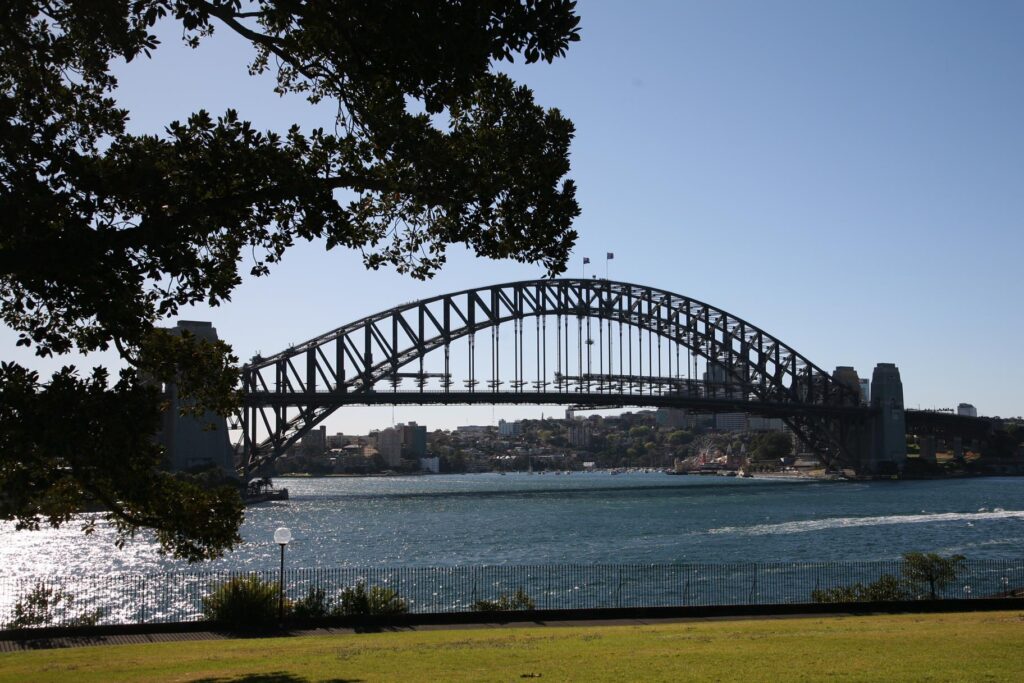
While other countries in the region have not used closed borders so blatantly as a political tool, the failure to recognize that the countries travellers are originating from have different rates of infection means borders in the region are going to stay closed longer.
If anyone could explain the logic that for the duration of the pandemic I’d have to quarantine both entering Australia and returning to South-East Asia I’d be grateful. Obviously I can’t be more of an infection risk to the same two countries at the same time. I’m not Schrödinger’s cat. The policies of both places are formulated assuming I am.
As long as this mentality remains, if there is any outbreak anywhere in the world, sitting on the beach in Thailand, or having a chicken rice in Singapore, or skiing in New Zealand will remain distant dreams for quite some time yet.
